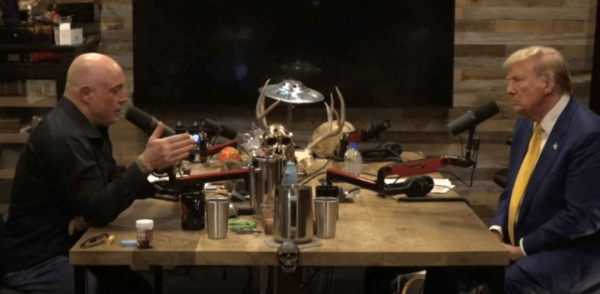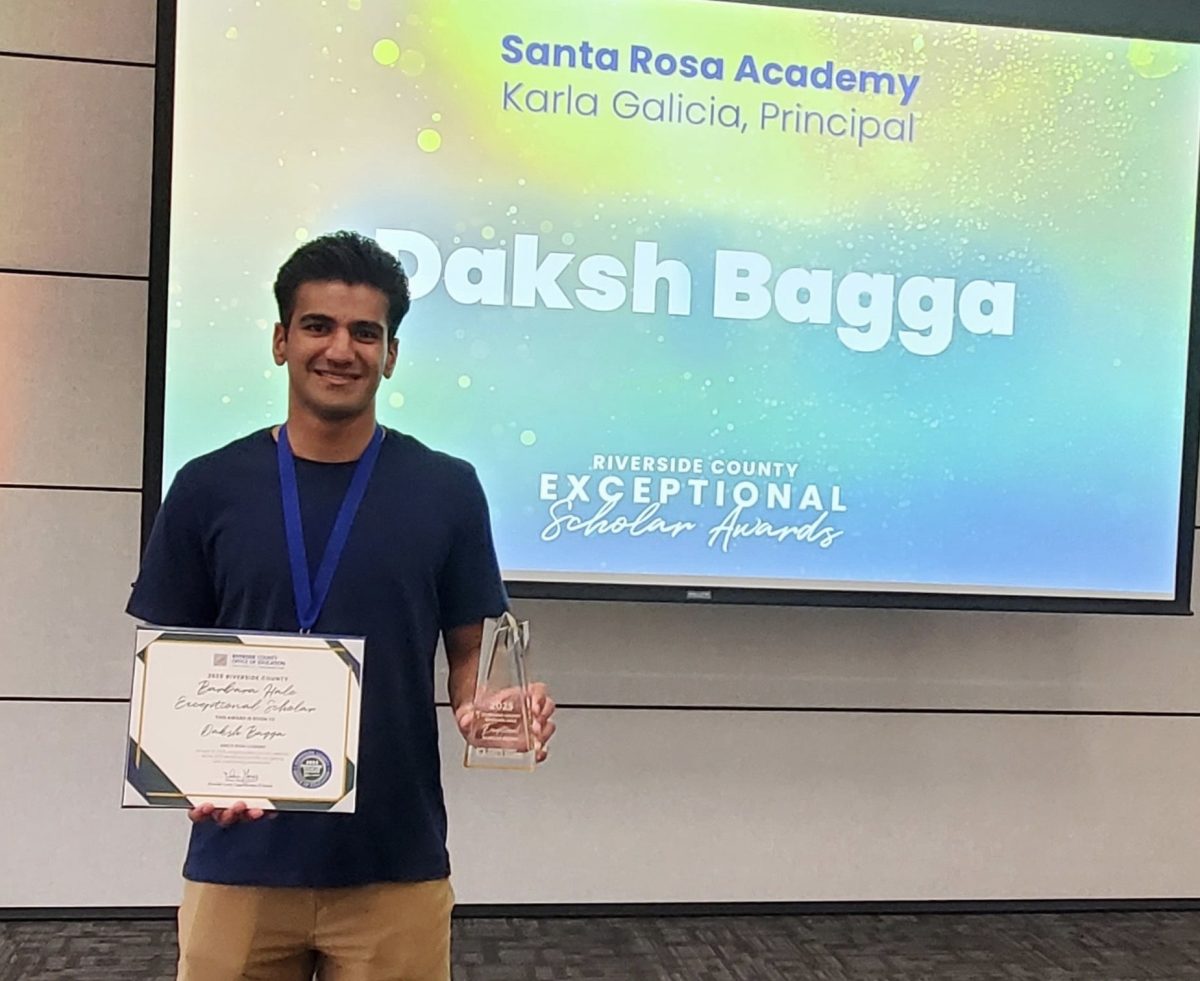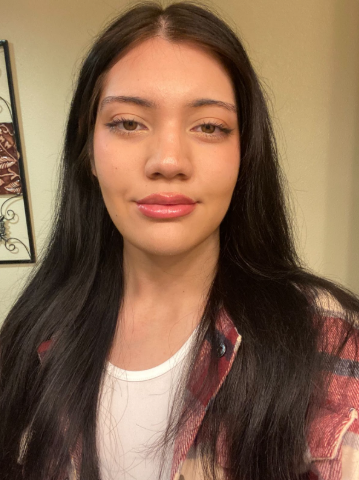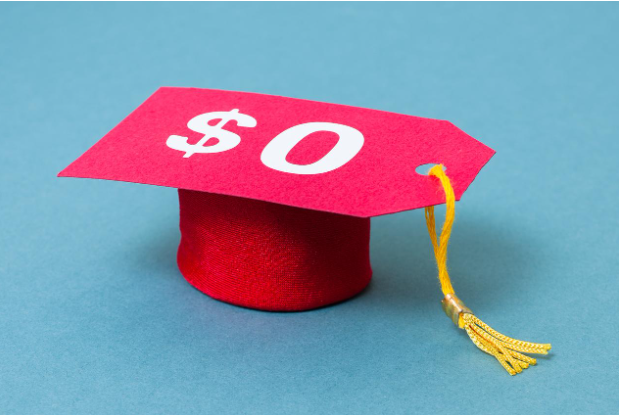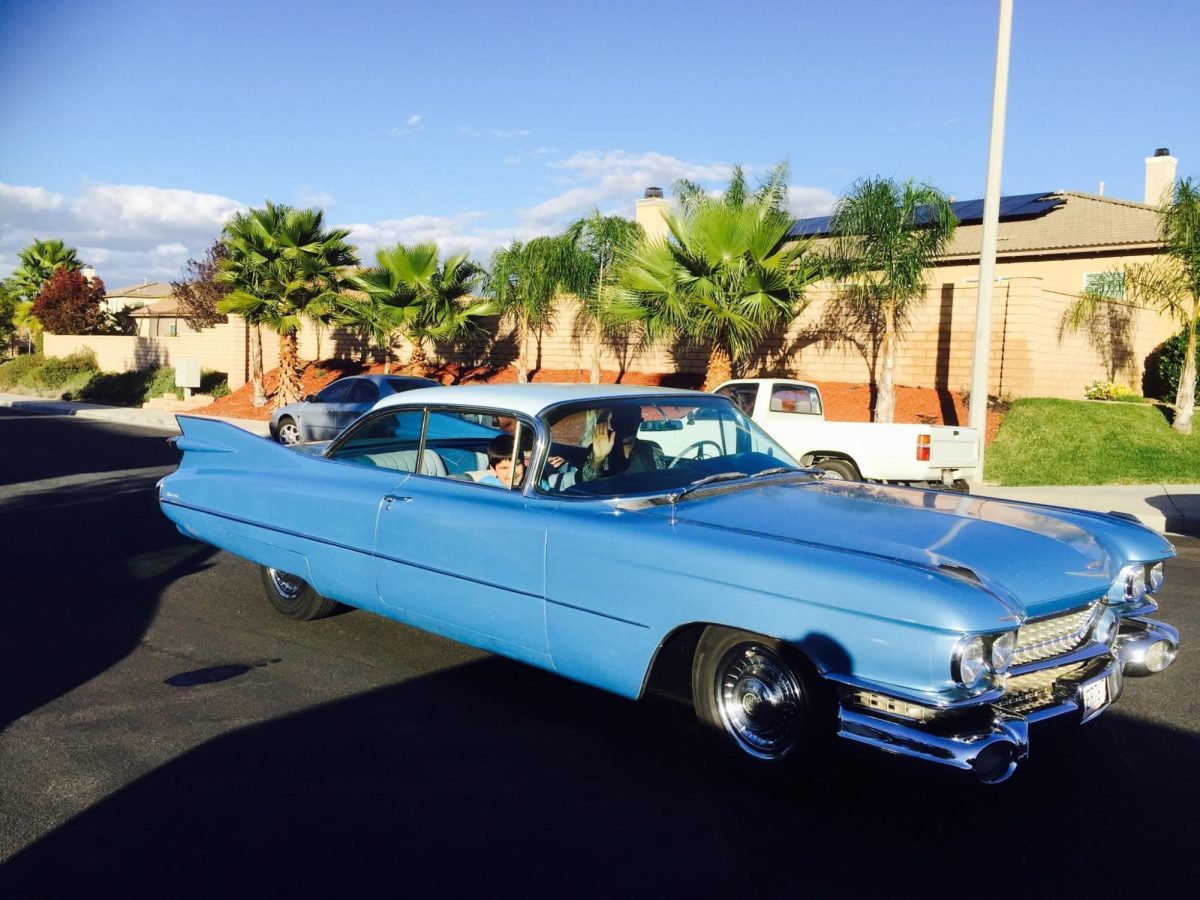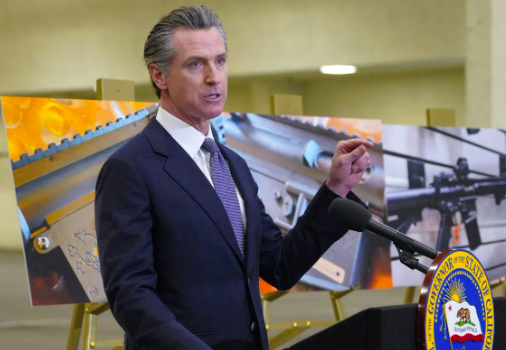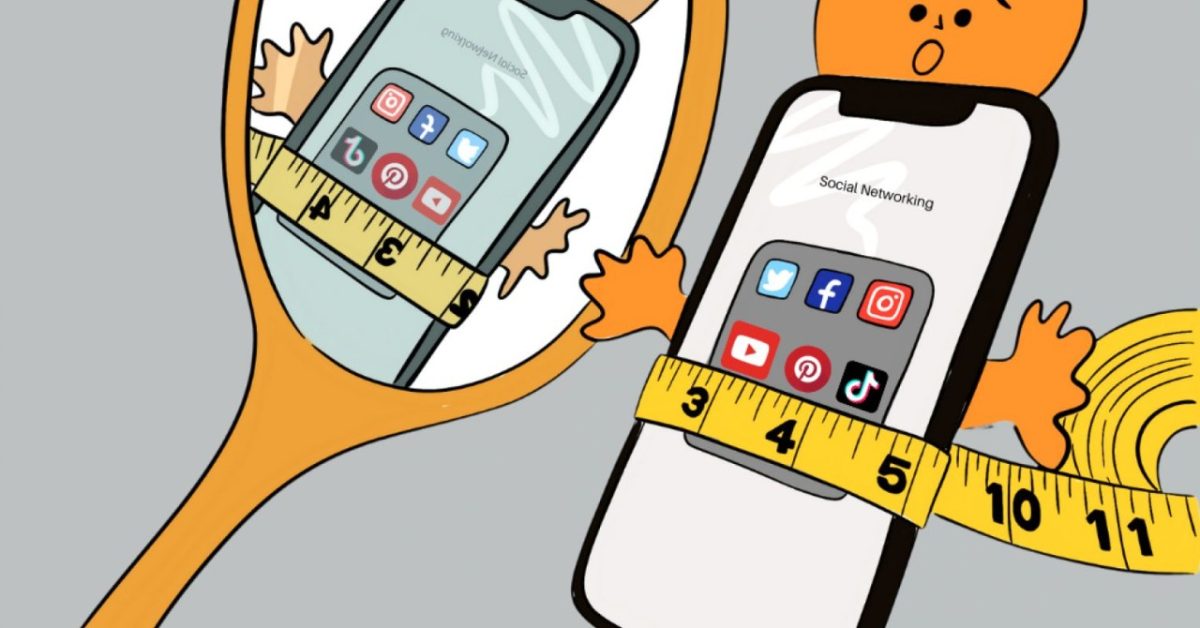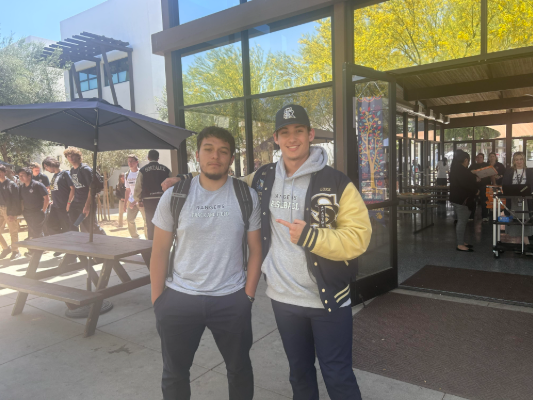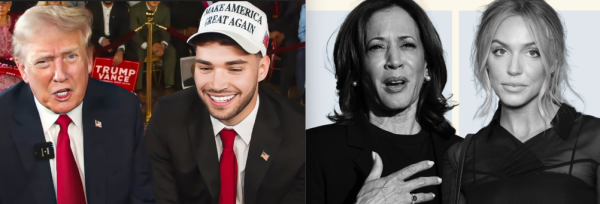
Presidential acceptance speeches traditionally feature acknowledgments of party leaders, campaign staff, and others integral to the win. These speeches typically include multiple speakers and congratulations directed at the President’s party and campaign team. However, Donald Trump’s acceptance speech for the presidency of the United States marked a departure from these norms. Instead of sticking to tradition, Trump invited UFC CEO Dana White, a friend of the President-Elect, to the stage. White opened with: “I want to thank some people real quick. I want to thank the Nelk Boys, Adin Ross, Theo Von, Bussin’ with the Boys, and last but not least, the mighty and powerful Joe Rogan.” Rather than thanking political insiders or making an impassioned speech on Trump’s behalf, White acknowledged alternative media figures. This unconventional moment highlighted the growing influence of alternative media and its impact on the election and voters.
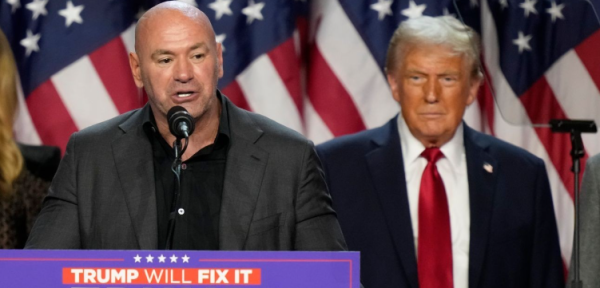
This isn’t just conjecture or opinion either, the facts back up the claim that legacy media in the way it is traditionally viewed is out and a new media landscape is upon us. According to Pew Research Center 28% of Americans aged 18-29 watch cable news regularly on CNN, Fox News, and MSNBC while over 60% of Americans in the same age group consume news via social media on apps and sites like Tiktok, Instagram, and Youtube. CNN and Fox news are also declining CNN laying off over 100 jobs as a part of a major shift to digital media according to Reuters. This decline of traditional media has also affected Fox News as well. In four weeks following the 2024 election a steep decline has been observed recording 13.7 million views in 2020 recording 4.8 million viewers during the 2024 Election cycle. Overall viewers for the Election declined in lieu of Election coverage from alternative media rather than traditional media.
The figures White mentioned—podcasters, YouTubers, and streamers—share three key traits. First, they all interviewed President-Elect Trump. Second, they are among the biggest voices in the 2024 media landscape. Third, they openly support Trump, either endorsing him on their platforms or backing him prior to hosting him. These creators were so influential they earned personal shoutouts. Figures like Joe Rogan and Theo Von, among the most popular creators, gave Trump media coverage that helped him appear more approachable and relatable in his appearances on various “bro platforms.” The evidence supports this: Rogan’s podcast episode “#2219 – Donald Trump” became the second-most-watched individual podcast episode nationally in 2024.
These creators represent some of the most influential figures in modern media. Joe Rogan, for example, hosts the most popular podcast to date, with 14.5 million Spotify followers and 200 million monthly listeners in 2024. Adin Ross, a prominent livestreamer, boasts 4.5 million YouTube subscribers and 1.5 million followers on Kick.com, where his stream featuring Trump peaked at 583,694 live viewers. The Nelk Boys, known for their vlogging channel, have hosted Trump multiple times, garnering tens of millions of views. Theo Von’s podcast featuring Trump received over 15 million views, while Bussin’ with the Boys, a sports podcast hosted by former NFL players Taylor Lewan and Will Compton, attracted over 500,000 views for its hour-long interview with the President-Elect.
While Trump’s campaign leveraged these alternative media figures, the Harris campaign adopted a similar strategy with a different focus. Harris collaborated with online influencers, appearing on Alex Cooper’s “Call Her Daddy” podcast, which is popular among women aged 21-35. Discussions centered on reproductive rights, women’s issues, and how Harris’ presidency would address these topics. Harris also appeared on podcasts like Club Shay Shay, hosted by Shannon Sharpe; The Breakfast Club, hosted by Charlamagne Tha God; and All the Smoke. Additionally, the Democratic National Convention for the first time invited a broad range of influencers and streamers, including The Austin Show, Walter Masterson, Harry Sisson, Hasan Piker, Brian Tyler Cohen, Deji Foxx, and Allison Reese.
Across the political spectrum, the 2024 election made one truth undeniable: media and journalism are changing. The campaigns of both Trump and Harris gravitated toward figures like Joe Rogan, Theo Von, and Alex Cooper rather than traditional outlets. These platforms are more accessible and relatable, allowing candidates to appear “real” and “personable.” This shift reflects a preference among the wider public for personality-driven content rather than the structured format of legacy media, which younger demographics increasingly view as untrustworthy or in Biased light.
In conclusion, the era of media dominated by corporations and traditional news anchors is ending. Legacy outlets like Fox News, CNN, and MSNBC must adapt or risk irrelevance in a world where voters engage more with podcasts and livestreams than with sit-down interviews. The 2024 election revealed that the media landscape is changing indefinitely. While legacy media won’t vanish entirely, it must evolve to survive as independent creators take the lead. Whether new media will truly challenge the establishment or become the very institutions it sought to disrupt remains an open question.
